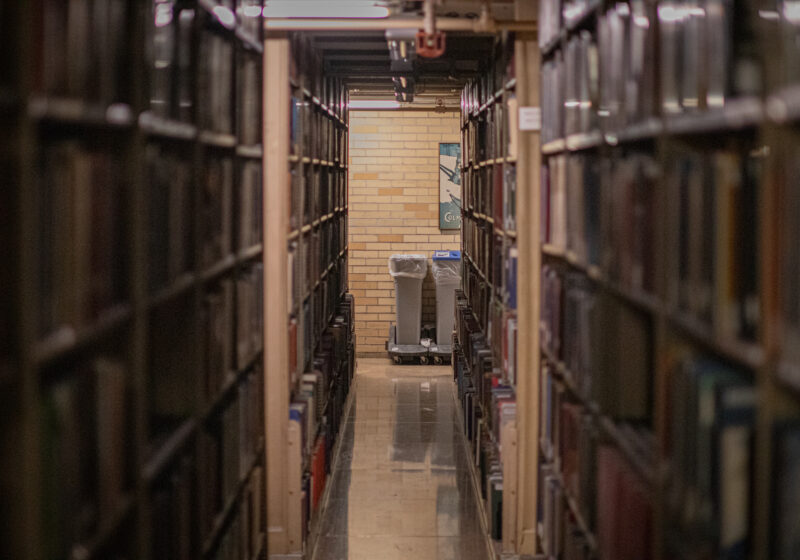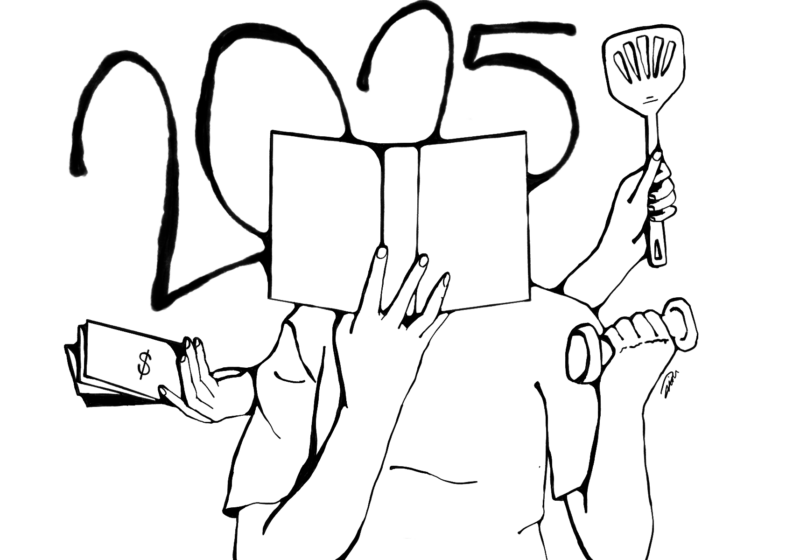
I remain deeply grieved by the tragedy of Jan. 15 (Jeffrey Bordeaux, Jr.’s death), yet I believe it illuminates an underlying problem that threatens our community.
What continues to disturb me is this event’s troubling racial dynamics. Both men were black, brawling on the Fraternity Quad, which is composed predominantly of white fraternities and is frequented mostly by white students. Based on the Campus Times’ reporting, it appears too little too late was done to intervene — as if the fight became the party’s featured spectacle. I unequivocally do not seek blame elsewhere for what transpired with this speculation, as much remains unknown about the events leading to Bordeaux’s death. I do challenge you to assess how the incident’s spectrum of racial implications relates to existing racial tensions.
The night’s racial context reflects the painful racial dynamics ingrained in campus life. As an alumna, I found that despite our diversity, we lacked unity, choosing to self-segregate. As a white student, I associated with friends mainly from my race, uncertain how to understand the experiences of others at a primarily white institution. In my experience, UR has been a tolerant rather than accepting campus.
We do ourselves a disservice to fabricate a false sense of community — claiming that this was an isolated incident to grieve, not question. To disregard this event’s racial dynamics is not indicative of a united community. It demonstrates one that prizes ignorance over exchange and capitalizes on fear of broaching taboo subjects in lieu of meaningful discussion.
Denial is rampant: Note our reticent student body and faculty. Note President Seligman’s response in the CT, which practically dismisses race as a factor, even discouraging a discussion: “Race [and] gender often have nothing to do with it…. I really encourage people not to leap to judgments.”
This silence is toxic. We must begin this conversation. I entreat you to speak out, aware of your social responsibility toward each other, for there is the potential to rebuild a stronger community, but only if we have the courage to address this deeper, pervasive racial divide.
– Leah Squires
Class of 2010



